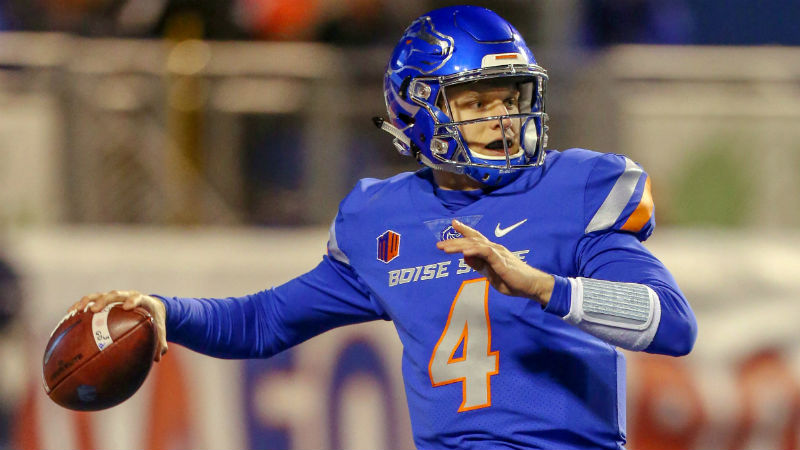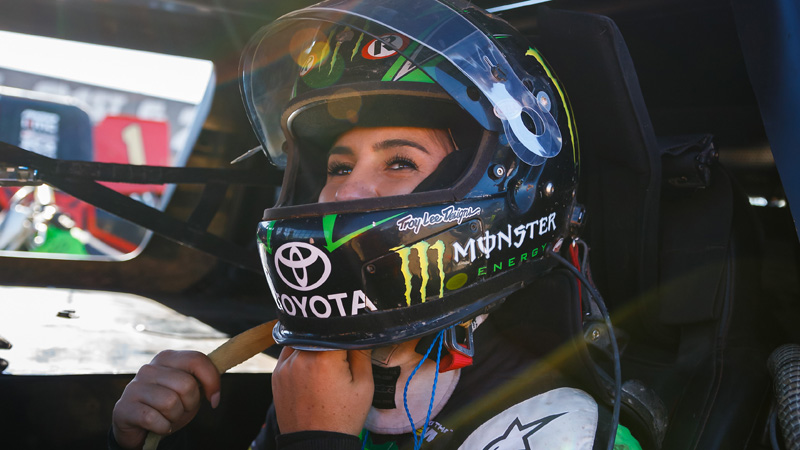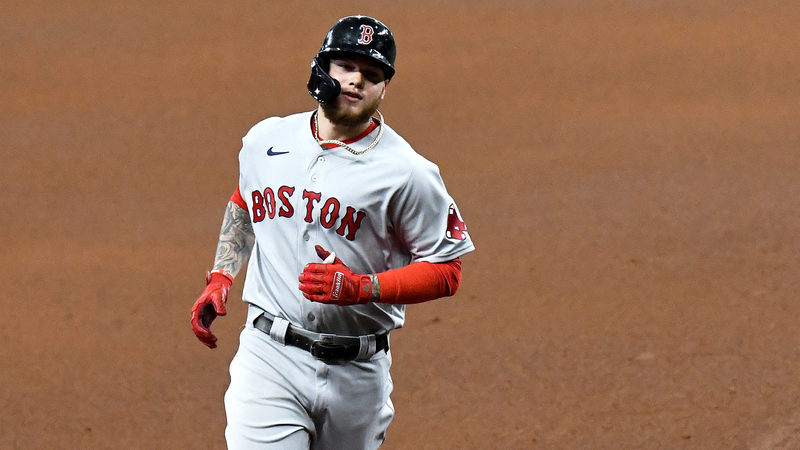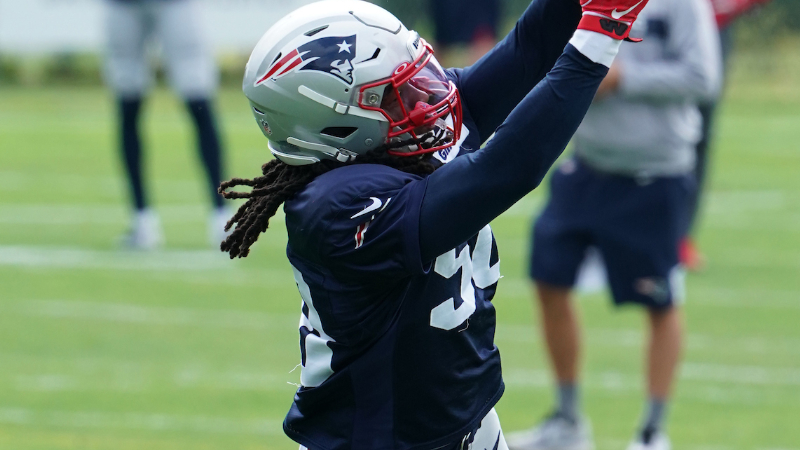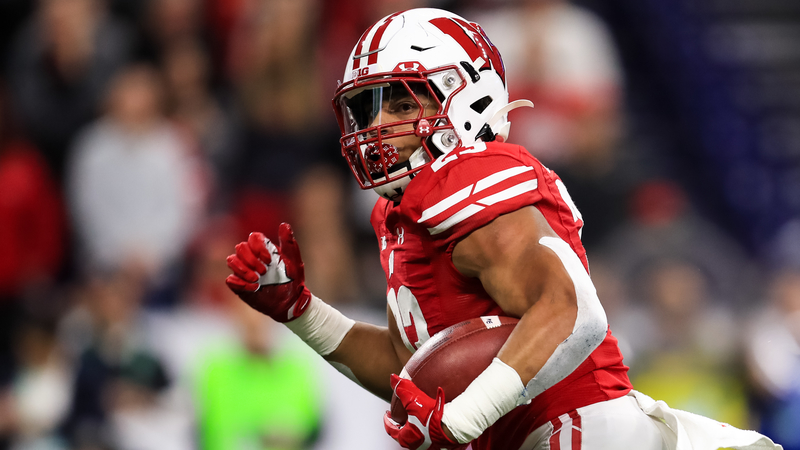The Boston Red Sox had no direct connection to Thursday’s news that Bryce Harper and the Philadelphia Phillies agreed to a reported 13-year, $330 million contract. But Boston might want to get very familiar with the framework of the deal.
That’s because Harper’s new pact almost certainly will be viewed as the foundation for Mookie Betts’ contract, whether it comes as an extension or a free-agent deal.
Betts is one of the three or four best players in baseball, and when he gets the chance to hit the market following the 2020 season, he’ll be paid like he deserves. In some ways, yes, we can look at Harper’s reported contract and say, “That’s where negotiations for Betts should start,” but it probably won’t be that simple. Everyone assumes Betts will be able to land a vaunted $400 million, and if there’s enough competition, he certainly could do that.
But these projections or assumptions don’t always come to fruition. When Harper reportedly turned down a 10-year, $300 million offer from the Washington Nationals, we all assumed he’d make far more in free agency. He ultimately got three extra years and an extra $30 million, which is no small potatoes, but it was still surprising to see Harper’s average annual value fall in the $25 million neighborhood (less than the Nats’ offer).
And so much for the idea Harper (or Manny Machado) would get a $400 million deal.
Perhaps the biggest reason it’s so hard to project the earning potential of a player like Betts or Mike Trout is that there’s so much uncertainty in baseball’s economic landscape, and it doesn’t appear that will be going away anytime soon. The top sluggers of the last two offseasons — Harper, Machado and J.D. Martinez last year — all signed after Valentine’s Day. The top pitcher on the market last winter, Yu Darvish, didn’t sign until the second week of February. Teams are playing the waiting game with the hopes of driving down the prices, and it’s hard to argue the merit when a player like Machado “only” gets $25 million more than the contract extension Alex Rodriguez signed — 11-plus years ago.
Another thing for Betts to consider: Trout is scheduled to hit the market the same winter. How will sharing the market with a player some view as the greatest of our generation affect Betts’ marketplace?
Which is all to say it’s impossible to forecast how the market will continue to play out. Who knows what will come of the tanking revolution? A big part of the economic slowdown in recent years is simply because fewer teams are stepping up to the plate to make offers. Not only that, but the competitive balance threshold, or the luxury tax if you will, has curbed spending of big-market teams. Hell, the Yankees could have afforded to sign both Machado and Harper and seemed lukewarm at best on either.
So what happens if Betts gets to free agency and turns into Will Smith in the last scene of the “Fresh Prince of Bel-Air” finale and no one’s there waiting for him? That might seem like a ridiculous premise, but it’s looking more and more like the new reality in baseball.
That’s not to say Betts won’t get paid, though. Harper and Machado did pretty well for themselves, but if there’s not competition among several big-market teams willing to spend when Betts hits free agency, our gaudy projections might end up falling short.
What does this mean for the Red Sox? They technically don’t need to worry about this for another two years. But they’d be well-suited to at least try to open extension talks with the reigning American League MVP.
There’s recent precedent there, too. The Colorado Rockies and Nolan Arenado found common ground on an eight-year, $260 million extension earlier this week that will earn the superstar third baseman $32.5 million per season, the same AAV earned by Giancarlo Stanton when he signed a 10-year, $325 million extension with the Miami Marlins in 2014.
Arenado is 27, and Stanton was 25 when he signed his extension. Betts is 26, and is certainly a better all-around player than Stanton, and most would agree he’s better than Arenado. So, would something like 10 years and $350 million work? Maybe $360 million? That’s assuming Betts even is genuinely open to extension talks.
Here’s one final thing to consider: The current collective bargaining agreement is signed through the 2021 season. So there’s little incentive for teams to negotiate with players any differently than they have over the last two seasons. And how willing would a team or even a player be willing to commit to something long term when they’re unsure how the financial structure of the game might change a year later? Plus, there also the looming specter of a work stoppage.
There are so many questions, and the answers might not come for another couple of years, which is why it’s hard — despite how hard we might try — to really project Betts’ earning potential when he gets to the market. One thing we do know for sure, though, is he’s going to get filthy rich.

